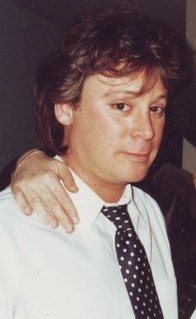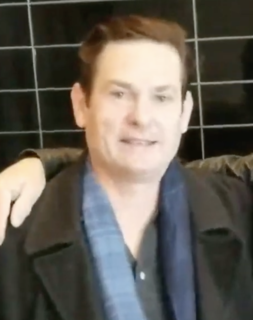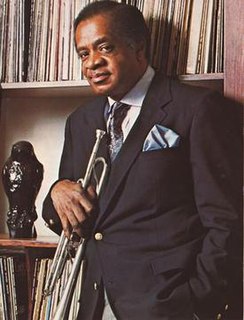A Quote by Dar Williams
I was raised by parents who really admired the religious leaders of the left, as many 60s and 70s liberals did.
Related Quotes
I think it's true about people now being closer to their parents, since the '60s, really. The parents are no longer from a different planet, the 1950s ideas of American family. We could be friends with our parents. After the '60s, it wasn't like a person smoking pot was what the parents would be appalled at.
I was a child of the '60s basically, which is a real blank. I really started growing up, I think, in the '70s. I'm a glam-rock kid. But Dublin, Ireland in those days was a very dark place, as in it was a very poor, almost third world. Economically, the whole world is going through a recession at the moment. In the '60s, '70s, and the '80s in Ireland was a real recession. It wasn't a pleasant place.
When I was a kid, a lot of my parents' friends were in the music business. In the late '60s and early '70s - all the way through the '70s, actually - a lot of the bands that were around had kids at a very young age. So they were all working on that concept way early on. And I figured if they can do it, I could do it, too.
When I began writing poems, it was in the late 60s and early 70s when the literary and cultural atmosphere was very much affected by what was going on in the world, which was, in succession, the civil rights movement, the antiwar movement, and the women's movement in the 60s, 70s, and into the early 80s. And all of those things affected me and affected my thinking, particularly the Vietnam War.



































